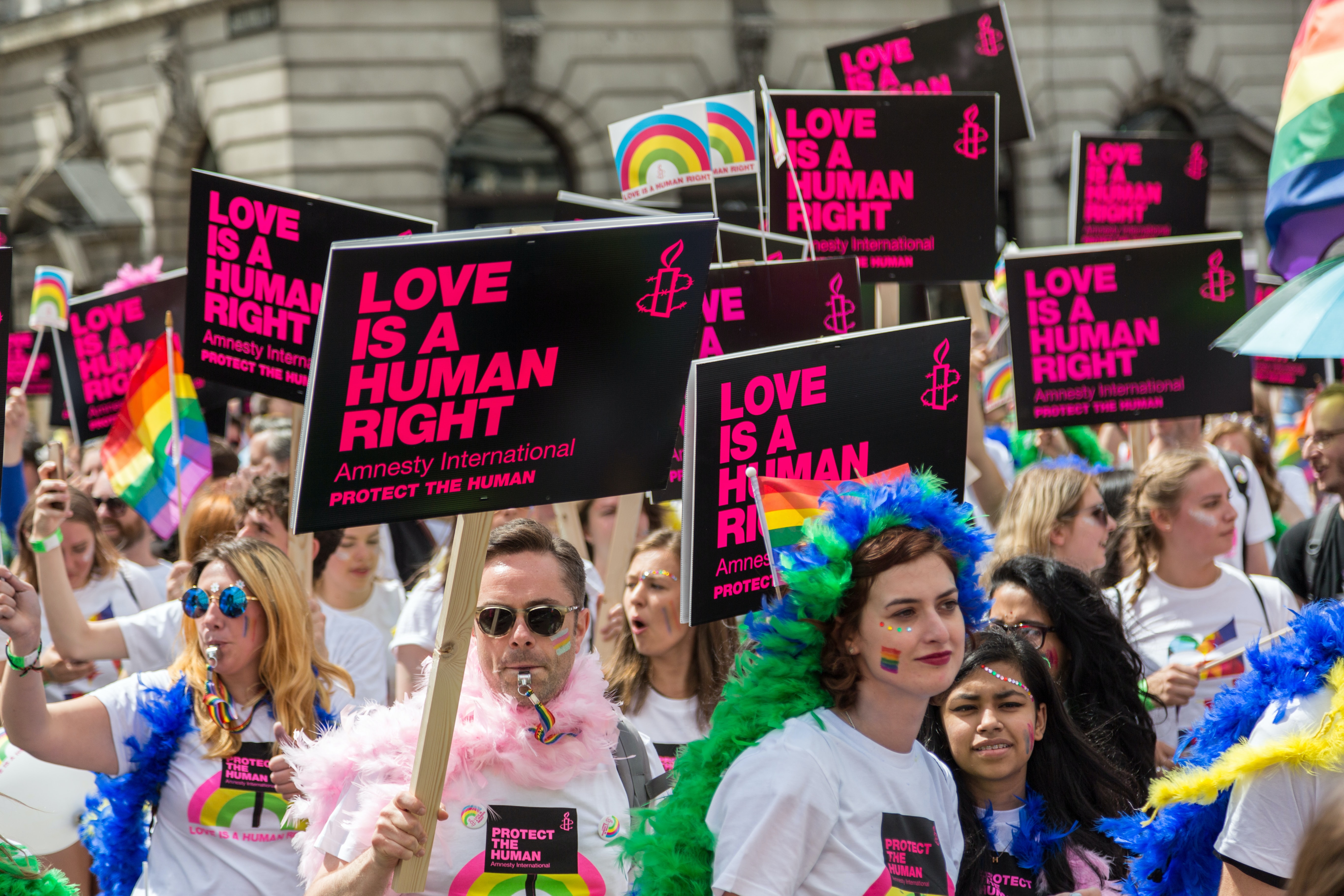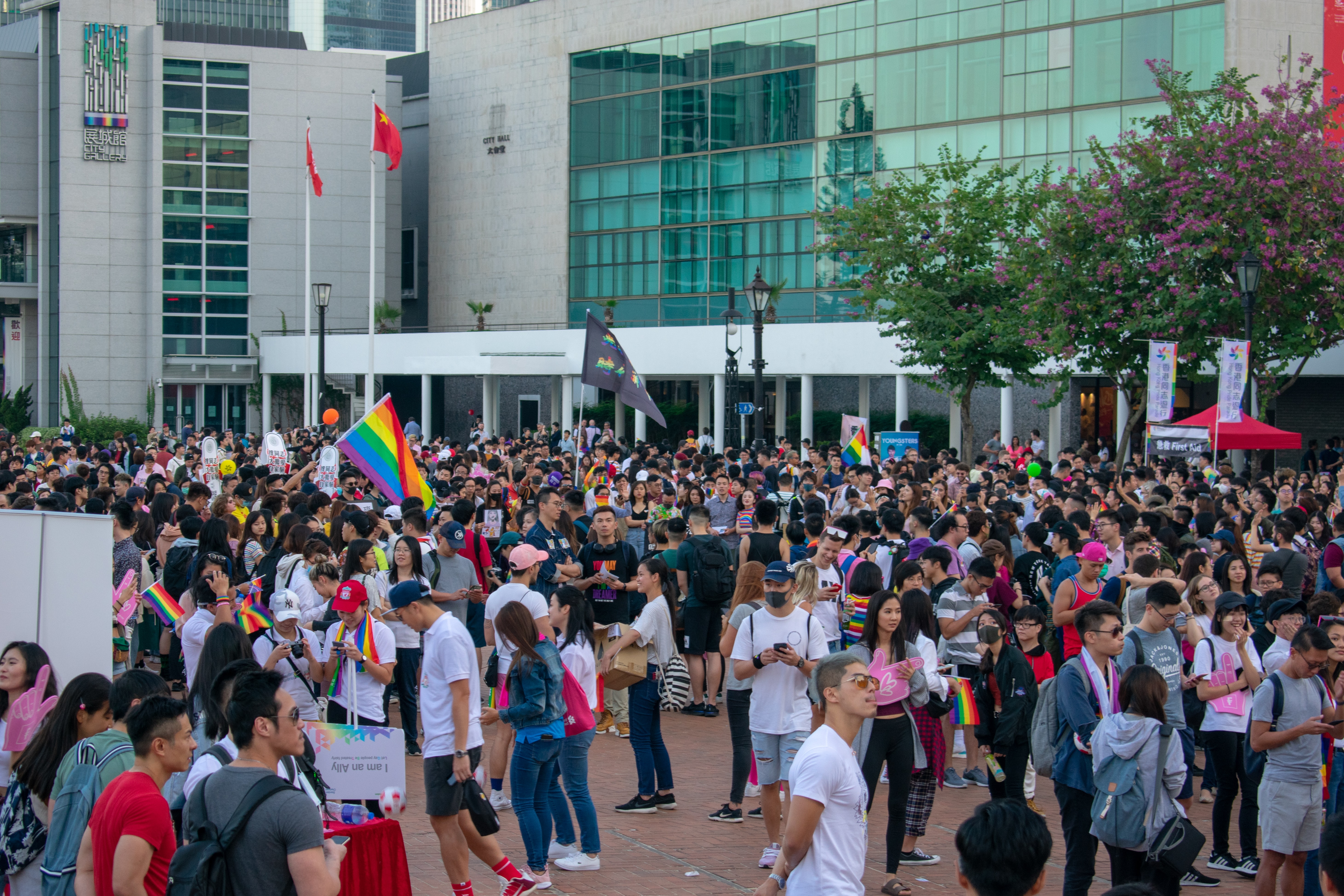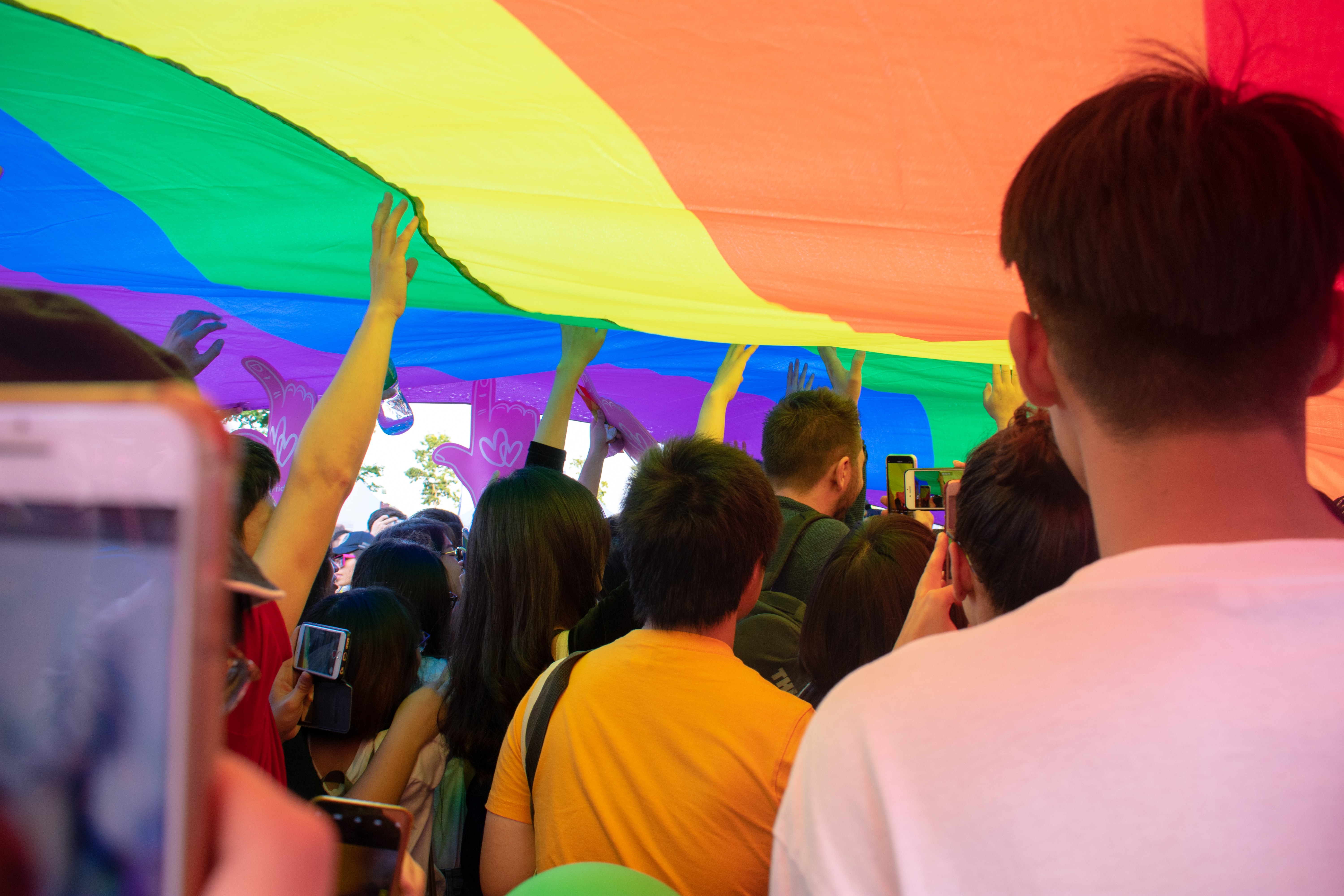According to the United Nations Development program, ending LGBT+ discrimination is key to achieving the Sustainable Development Goals (SDGs). Goal 10 in particular, which focuses on reducing inequalities, aims to promote the inclusion and equality of all regardless of age, sex, disability, ethnicity, sexuality or other factors, which includes LGBT+ people, as they have been persecuted in many regions historically. However, the journey to achieve this is still a long way away, as in 2020, only 29 countries recognize same-sex marriage thus far, and 70+ others criminalize same-sex relationships. The rights of transgender peoples are even less protected. To achieve true equality and justice for all in the world, the rights of LGBT+ people have to be protected as well.
LGBT+ people worldwide are disproportionately affected by some of the issues that SDGs are trying to solve, like poverty and poor health, due to their identity.

In Goal 1, which seeks to end poverty, exclusion and discrimination in most societies make it more difficult for LGBT+ people to be hired or have a safe working environment, which increases financial insecurity and can lead to poverty. Many institutions also discriminate against LGBT+ individuals and families through denying loans, denying social assistance, barring them from higher education and higher paying jobs, which have huge impacts economically.
Goal 3 focuses on universal access to healthcare, particularly sexual and reproductive health-care services, which are particularly difficult for LGBT+ individuals to access. Many school curriculums do not include LGBT+ topics as part of the sex education content, and some clinics may refuse to treat homosexual couples, which can lead to LGBT+ people being more vulnerable to HIV and other STIs. Systematic discrimination against LGBT+ people in the healthcare sector is prevalent as they are denied healthcare or treated poorly in many cases, particularly in those of transgender individuals, which leads to a lack of appropriate support.
Goal 4 of inclusive and equitable education has to combat verbal and physical forms of discriminations against LGBT+ individuals in institutions of education, which causes many LGBT+ youth to get poor results and affect their future prospects, and impact mental health as well.
Goal 5 calls for gender equality and empowerment of all women, but currently lesbian, bi, trans and other women face additional discrimination due to their LGBT+ identity.
And lastly, Goal 16 promotes inclusive societies and institutions for sustainable development, as well as providing access to justice for all. LGBT+ people in most countries face heavy discrimination that may result in physical abuse and assault, and their identity also proves a barrier when reporting to police as they cannot rely on the protection of the government from these types of discrimination. LGBT+ populations must be taken into account in achieving the SDGs, as their issues are so intrinsically tied with the issues that the goals are aiming to solve.

In the smaller context of Hong Kong, the history of LGBT+ rights usually focuses on the British colonial period, when the criminalization of male homosexuality was enforced following British law, with a maximum sentence of life imprisonment. This impacted the public view of homoesexuality and same-sex couples significantly in the decades that followed. The 1967 decriminalization of homoesexuality in the United Kingdom sparked a debate of doing the same within British colonies, including Hong Kong, but it wouldn’t be until 1991 that the Legislative Council agreed to decriminalize consensual and private homoesexual relationships between adults. However, there were still many issues with the initial laws, and Hong Kong policies regarding LGBT+ rights remain hopelessly outdated in comparison with other developed regions and do not sufficiently protect individuals.
In June 2019, senior immigration officer Angus Leung won his long battle of urging the Hong Kong government to recognize his husband’s right to spousal benefits and joint tax assessment. This ruling was a big step forward in progress for the equality of the LGBT+ people in Hong Kong. However, same-sex couples still have to get married in a country where same-sex marriage is legal in order to obtain these benefits in their home city. Same-sex marriage has not been legalized and is not likely to be in the near future, despite surveys showing that the majority of Hong Kong people believe that it should be legalized.
In terms of the rights of transgender peoples, Hong Kong policies require that a transgender person undergo sex reassignment surgery (SRS) in order to change their ID card information to match their identity, and the process also involves sterilization. This policy is outdated and very harmful to trans individuals, as SRS is a very personal choice and as many as 1 in 4 people choose not to undergo it due to medical conditions, high medical risk or other reasons. Coercive SRS requirements, which are what the Hong Kong government policies are enacting, are also considered a human rights violation to private autonomy, and these requirements are opposed by the United Nations, UNCAT, and the Council of Europe. This policy must change in order to protect trans people in the city and allow them to live freely.
Furthermore, while there are anti-discrimination laws regarding sex, disabilities, family status and race, there are no laws against discrimination of LGBT+ people. Protecting LGBT+ peoples through law is a key issue that the government needs to act on to better protect individuals in schools, in workplaces, and other places where they may face discrimination and have access to less opportunities due to their identity. Upholding new anti-discrimination laws for LGBT+ people can also contribute to changing public opinion, and can influence communities to be more accepting towards LGBT+ people.

Additionally, EncompassHK is also very involved in advocacy work for LGBT+ people in Hong Kong, as it is very much tied to Encompass’ vision of the fulfillment of SDGs. Multiple workshops regarding LGBT+ inclusive language training have been held, as well as workshops to spread awareness of the discrimination that LGBT+ people face, to further promote diversity and inclusion within workplaces. In last year’s Green Women Festival, work from LGBT+ individuals were also featured, including a body combat event led by genderqueer activist Law Siu-Fung, who competes in female bodybuilding.
The push for LGBT+ rights to be recognized in Hong Kong, in terms of legalizing same-sex marriage, outlawing discrimination against LGBT+ individuals in schools and workplaces, and the recognition of transgender peoples, is a part of the advocacy and the movement to achieve the SDGs in the city, as without equal rights for LGBT+ communities and individuals, equal rights cannot be achieved for all.
